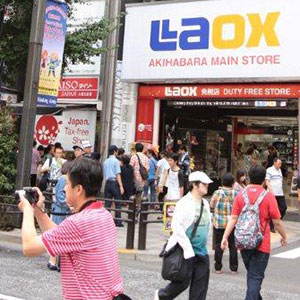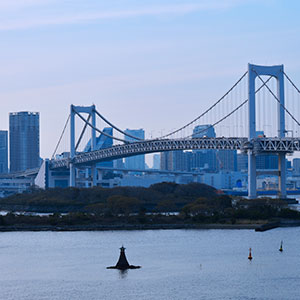- Index ranks people’s trust in four key institutions
- Japan fell in the country ranking after triple disaster of 2011
- Staff in Japan least trusting of their employers
The results of the 2016 Edelman Trust Barometer—which measures trust in organisations, consumer habits and the credibility of spokespeople in 28 countries—were released at the meeting of the World Economic Forum in Davos, Switzerland on 20–23 January. This was followed by the release of the Japan results on 4 February.
This is the 16th year of the annual global survey. It examined the credibility of chief executives as spokespeople.
The index is an aggregate score of the percentage of people who have trust in four key institutions: government; business; non-profit and non-governmental organisations; and the media. This score is then divided by four to provide an average that can be ranked to show if the population is generally trusting—or not—of its institutions.
Until the Great East Japan Earthquake and Tsunami, Japan invariably was among the countries that ranked mid-point among the countries surveyed. This was despite the large number of corporate scandals and a high turnover of prime ministers. The Japanese were shown to be a very tolerant and patient people.
However, the handling of the earthquake, tsunami and resulting nuclear crisis appears to have been the straw that broke the camel’s back. It caused trust in all four institutions to plummet in a way never before seen in the survey’s history.
Since then, Japan has wallowed at the bottom of the list, with only an average of 41% of informed publics placing any trust in the four institutions. This is less even than for Russia, Poland and Turkey.
Power of information
One of the important results of the global aggregate data this year was the growing trust differential between informed publics and the mass population. Informed publics are defined as people in the top quartile of household income who are educated to a tertiary level and both significantly consume media and engage with business news. Globally, this differential is as wide as 17 percentage points in the UK.
Before the advent of the digital age and the accompanying democratisation of information, it was common, in most societies, that people of authority were also people with influence. People looked to, and trusted, the credentialed and titled—their influence provided cohesion for the direction of society.
Now, the mass population has been empowered. The resultant increase in peer-to-peer communication has changed the former dynamic, massively shifting influence away from the influential to the hands of the populace. The fact that this newly empowered group has lower trust in the institutions of their respective nations is exactly what is leading to the Donald Trump phenomenon.
Japan remains decidedly cohesive in terms of informed publics and the mass population, with only a 3 percentage point difference between the two. The figure is the same as it was four years ago. So, while the Japanese are cynical, at least they are cynical together.
However, when we compare the top 25% of income earners with the lowest 25%, the gap widens to 17 points. Japan seems to remain a relatively middle-class, homogeneous society, but there are signs of discontent among lower-income groups.
Insight for firms
Another group that seems decidedly discontent is employees. In terms of trusting their employer, Japanese employees ranked bottom in the world, with only 40% of staff saying that they did so.
The commonly held impression of the selfless and self-sacrificing corporate samurai who commit their all to the firm is an image firmly rooted in the past.
The myth held by many employers that they do not need to engage with their employees because “we are all Japanese and understand each other”, clearly is no longer valid. A broader-based effort geared to employee engagement is imperative.
When polled on whether they thought they or their families would be economically better off in five years’ time, only 19% of informed publics and 15% of mass population respondents answered in the affirmative.
Yet, trust in government rose to 39% for the general population, equal to the highest level in the past five years. This is surprising, given the political demonstrations in 2015. However, when asked if people trusted government to keep pace with changing times, only 29% said they did.
Does this mean that the majority of Japanese are willing to sacrifice some democratic rights for Japan to be more assertive to regain its place on the world stage? Whatever the answer, it appears that many are not so confident in the government’s ability to lead them to a prosperous future.






